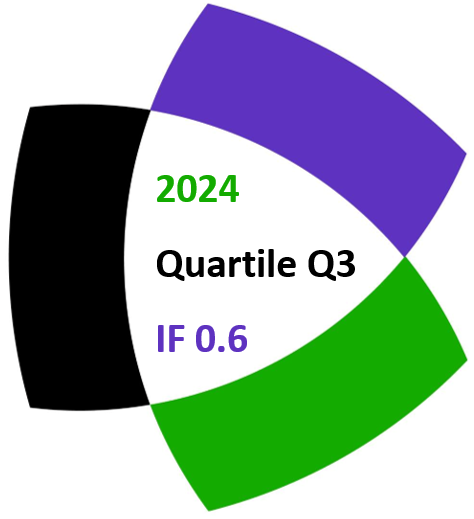Simon Davis
Notes on Number Theory and Discrete Mathematics
Print ISSN 1310–5132, Online ISSN 2367–8275
Volume 25, 2019, Number 1, Pages 1–7
DOI: 10.7546/nntdm.2019.25.1.1-7
Full paper (PDF, 182 Kb)
Details
Authors and affiliations
Simon Davis
8861 Villa La Jolla Drive #13595
La Jolla, CA 92039, United States
Abstract
The sums of reciprocals are demonstrated to diverge for infinite sequences consisting of arbitrarily long arithmetic progressions. It is demonstrated that there may exist sequences that do not include arithmetic progressions of arbitrary length that yield divergent sums.
Keywords
- Arithmetic sequences
- Length
- Divergent sums
2010 Mathematics Subject Classification
- 11B05
- 11B25
- 11P21
- 11Y55
References
- Crandall, R., & Pomerance, C. (2005). Prime Numbers: A Computational Perspective, Springer, New York.
- Erdős, P. (1934). On the Density of the Abundant Numbers, J. London Math. Soc. Ser. 1, 9, 278–282.
- Erdős, P. (1955). On Amicable Numbers, Publ. Math. Debrecen, 4, 108–111.
- Erdős, P., & Turán, P. (1941). On a Problem of Sidon in Additive Number Theory, and on some Related Problems, J. Lond. Math. Soc., 16, 212–216.
- Gowers, W. T. (2001). A new proof of Szemerédi’s Theorem, Geometric and Functional Analysis, 11, 465–588.
- Green, B., & Tao, T. (2008). The Primes contain Arbitrarily Long Arithmetic Progressions, Ann. Math., 167, 481–547.
- Lichtman, J. D. (2018). The Reciprocal Sum of Primitive Deficient Numbers, arXiv.1801.01925.
- Pomerance, C. (1981). On the Distribution of the Amicable Numbers, II. J. Reine Angew. Math., 325, 183–188.
- Szemerédi, E. (1975). On Sets of Integers containing no k Elements in Arithmetic Progressions, Arith. Acta, 27, 299–345.
Related papers
Cite this paper
Davis, S. (2019). Sums of reciprocals of integers. Notes on Number Theory and Discrete Mathematics, 25(1), 1-7, DOI: 10.7546/nntdm.2019.25.1.1-7.


